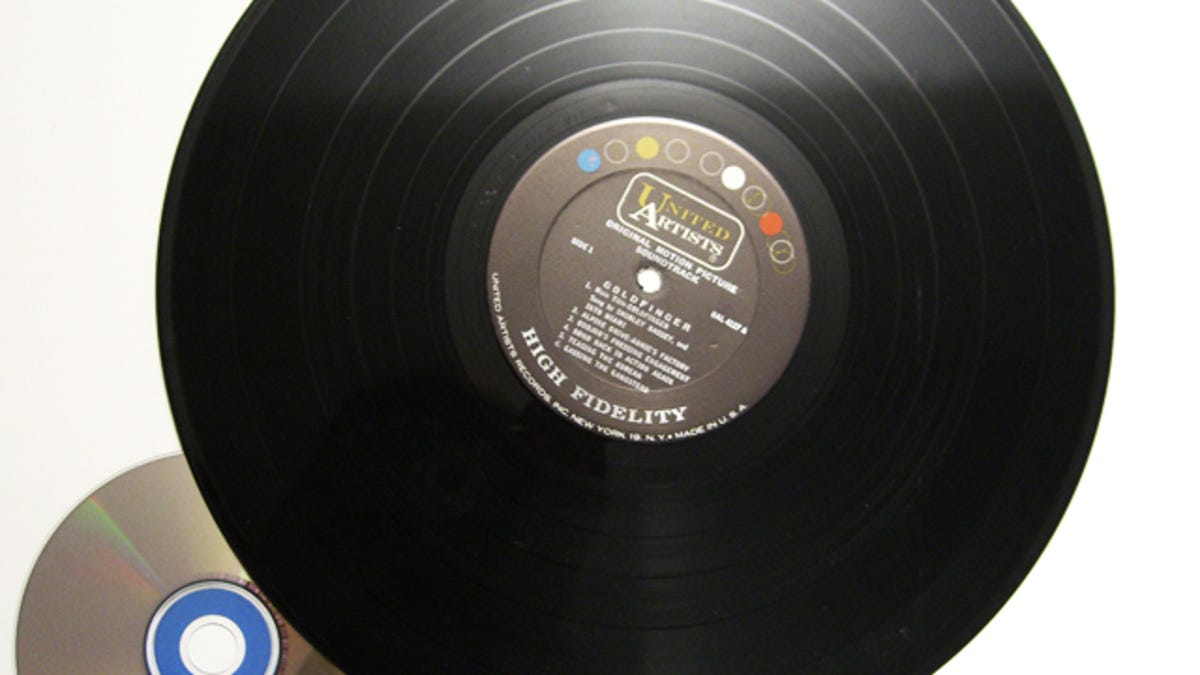Will digital audio ultimately cause the music business' demise?
More people are listening to music than ever before, but the record companies are all in dire straits.

More people are listening to music than ever before, but the record companies are all in dire straits. Starting in the 1980s the CD brought booming sales and profits, and the record business fell head-over-heels in love with digital audio. CDs were selling for double the price of LPs at the time, so profits soared.
But what about the music? The 1980s wasn't such a great decade for music; it peaked early with Michael Jackson's "Thriller" in early '83, and then rock music stagnated. Rap and hip-hop, born in the digital era, were the only new music forms that had real traction, but they thrived outside the rock establishment.
Is it just a coincidence that rock's and jazz's greatest creative peaks occurred in the analog era? Sure, there's a lot more going on now in terms of entertainment choices, but that doesn't explain why music lost its creative mojo in the 1980s and early 1990s, before the Internet played a major role in music distribution. Was digital audio, not the Internet, the prime reason music lost its momentum?
I think it's interesting to note that most of the 1960s and 1970s bands that are still together and making new music pack their concert set lists with their old, analog-era hits. Take the Rolling Stones; they can still sell out stadiums, but no one gives a hoot about the Jagger-and-Richards tunes from the six studio albums they've recorded since '83. The best digital-era 'Stones albums look downright pathetic stacked up against their analog efforts.
Jazz's analog trajectory had a much longer arc than rock's, starting with ragtime at the turn of the last century, and then progressing from Dixieland to Swing, Big Band, Bebop, Afro-Cuban, Free Jazz, and Fusion in the late 1970s, before digital stagnation brought progress to a halt. Some might say jazz has never recovered its analog groove since the introduction of the CD. Jazz schools churn out technically proficient players year after year, but the schooled generations have yet to produce singular talents on the level of a Coltrane, Ellington, Mingus, Monk, or Davis. Jazz still has terrific players, sure, but great composers? Not so much.
My point here is that while digital was first a boon to record companies' bottom lines, it may bring about their demise. Yes, you can blame the record labels' greed and short-sighted approach to Internet sales for their current troubles, but my concern here is more about the quality of the music being produced today. Music is mere background sound for most people, and I think that there's something about digital audio that promotes that type of listening. And if you're not really listening, the music's probably not worth paying for.
I was happy to see a lot of younger people responding to my article on this subject in a recent issue of Stereophile magazine. I wasn't surprised to see they had a very different perspective. Reader Greg Schram put it this way: "The move toward independent music has its flaws--I don't mean to present it as a golden goose. But it represents a revolution beyond the traditional economic practices of the music industry. We are not bound by a single mass-movement or the promotional juggernaut of major labels, though they certainly still have their sway. But we have gained an immense amount of flexibility with how we find, listen to, and ultimately, relate to music. If you're looking for a movement, this is the one to recognize."

